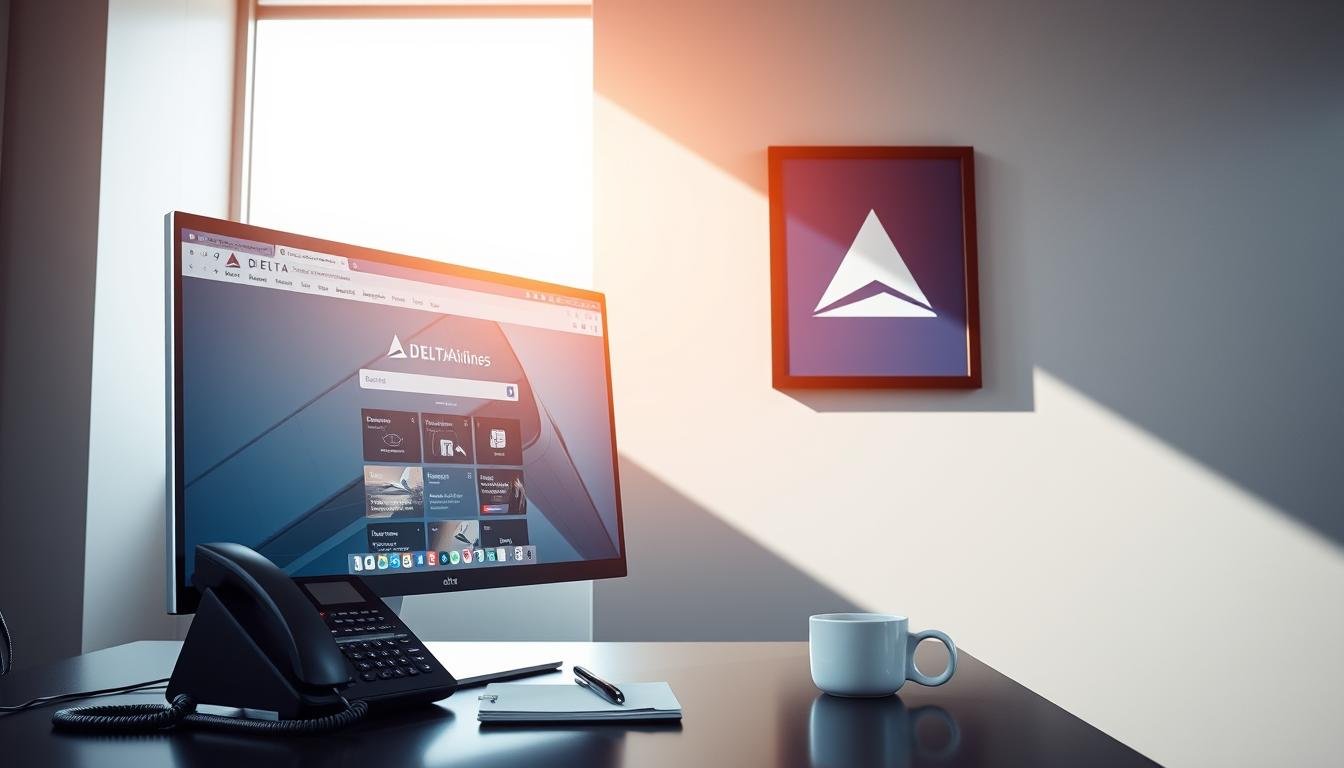How to Prepare for Practical Exams in Nursing or Lab Science
Practical exams play a very important role in studies like nursing or lab science. In these exams, it is seen how your theory (theoretical knowledge) is applied in real life situations. If you are also preparing for a science lab, nursing practical, or any kind of hands-on exam, then this guide can prove to be very useful for you.
In this article, we will tell you in very easy and human language how to prepare for practical exams in nursing or lab science, so that you are confident and can perform well.
What is a practical exam?
Practical exam means – an exam in which you have to demonstrate some work. Such as operating an instrument, injecting a needle, experimenting in the lab, measuring blood pressure or demonstrating a medical process step-by-step.
This exam not only checks how much bookish knowledge you have studied, but also checks how efficiently and correctly you can apply that knowledge in real life.
Why is it important to prepare for practical exam?
Some students take practical lightly, but the truth is that it is the real test of your professional skills. By preparing properly for it, you:
- Get confidence – you are not nervous because you have already practiced everything many times.
- Chances of mistakes are less – you do the procedures correctly.
- Understand the theory well – when you do something hands-on, its understanding becomes deeper.
How to prepare for practical exam?
1. Understand the format of the exam
First of all, it is important to know what can be asked in your practical exam. For this:
- Read the syllabus – on which topics practical can be done.
- Look at the previous year papers – this will give you an idea of the pattern of the exam.
- On what basis will the marks be awarded – will your steps be observed, timing, or the final result?
2. Practice regularly
Practicing just once will not work. You have to practice again and again, continuously.
- Repeat each step – the more times you repeat a process, the more muscle memory you will develop.
- Keep track of time – learn to do each step within the time limit, so that you do not get nervous in the exam.
3. Keep the necessary material organized
Many times we make mistakes in the exam because some equipment or material is not available on time.
- Keep all things ready in advance – such as gloves, BP monitor, thermometer, lab slides, chemicals, etc.
- Make a checklist – check this list before the exam to ensure that nothing is missing.
4. Take help from seniors and teachers
- Practice in a group with friends – you can correct each other.
- Ask teachers – If you are not able to understand a step, do not hesitate to ask it again and again. This is what teachers are for.
5. Practice Mock Test
- Set a complete mock practical – assume this is the real exam.
- Set a time – like you have to complete it in 30 minutes.
- Review – see where you made a mistake and how it can be corrected next time.
How to prepare for the exam day?
1. Get a good sleep at night
Often students study all night and are tired on the day of the exam. This makes them lose interest and their hands shake.
- Get at least 7-8 hours of sleep.
- Eat light food in the morning so that the stomach remains full and you do not feel sleepy.
2. Reach the exam venue on time
- Reach at least half an hour early – so that you can calm down and understand the environment.
- Arrange your belongings – Keep all the necessary things with you and arrange them properly on the table.
3. Read the instructions carefully
- Read the instructions given at the beginning of the exam with a calm mind.
- If you do not understand any point, ask the examiner calmly.
What to do after the exam?
1. Self Assessment
As soon as the exam is over, think about your performance:
- Did I miss any step?
- What did I understand well and what did I face difficulty in?
2. Take feedback
If the teacher gives you any feedback, note it down and use it for future improvement.
3. Learn from mistakes
Every mistake teaches us something. If you have made a mistake in any step, then do special practice for it next time.
Understand with a simple example:
Suppose you are a nursing student and you have to measure BP (blood pressure). If you have not practiced it repeatedly, then:
- You will not remember where to keep the stethoscope.
- You will not be able to tie the cuff properly due to nervousness.
- You will fall short of time and the result may be wrong.
But if you have practiced it 10 times, then:
- Your hands will start setting the BP automatically.
- You will perform confidently in front of the examiner.
- The work will be done on time and you will get good marks.
Conclusion
In a field like nursing or lab science, just reading books is not enough. You should also know how to do things with your hands. Practical exam evaluates this.
If you:
- understand the syllabus well,
- practice regularly,
- take care of time management,
- and keep taking advice from your teachers,
then believe me, you can perform brilliantly in the practical exam.
Finally, do not panic – because practice is the key to success. The more you practice, the better.The more you practice, the more your confidence will increase and so will your marks in the exam.







